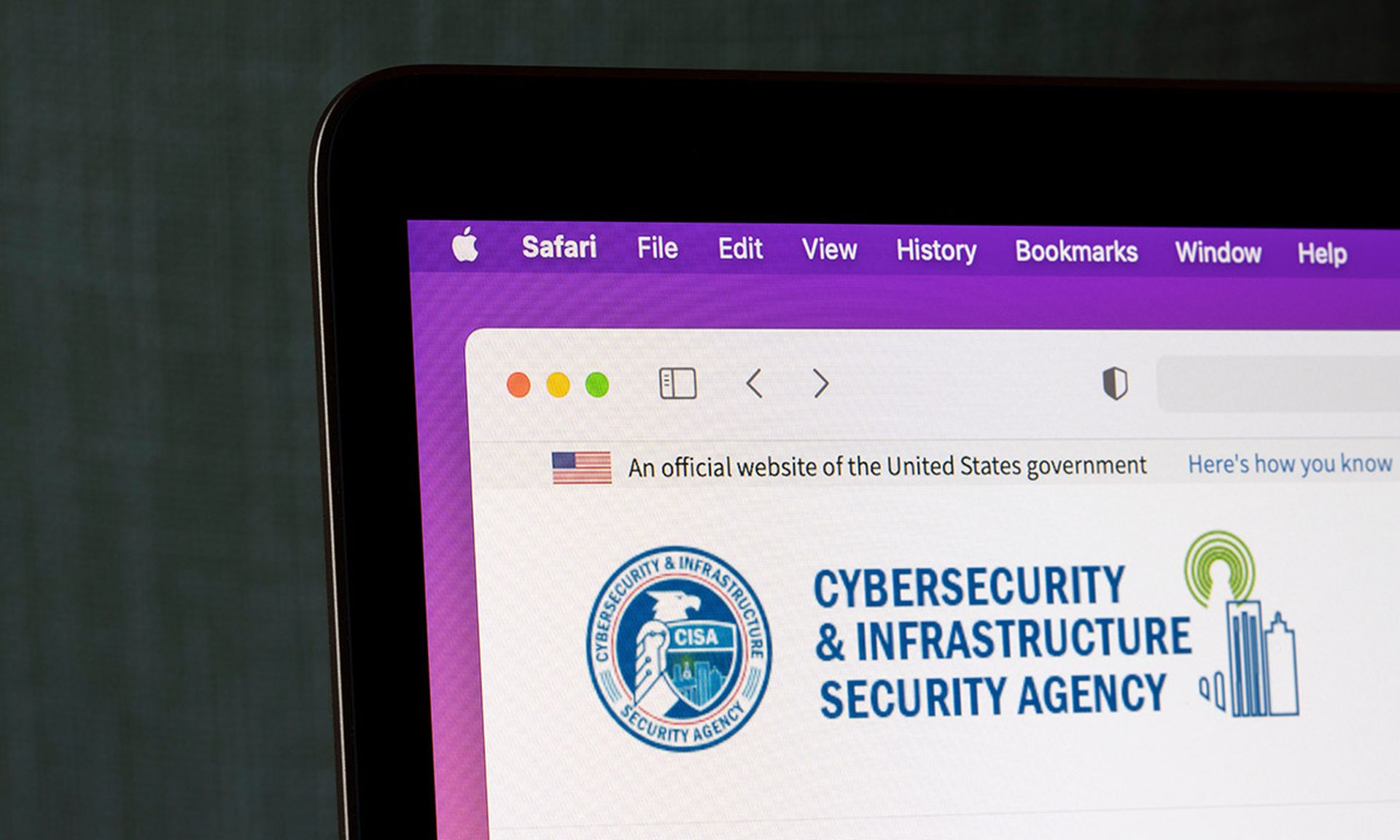Nearly 70% of small businesses plan to raise their average selling prices in the next three months, a study from the National Federation of Independent Businesses (NFIB) found.
The NFIB Research Center survey aimed to assess the impact inflation is having on small businesses. This survey was conducted from April 14-17, 2022, with 540 responses collected.
SMBs Plan Price Increases to Cope With Inflation
Small business owners first reported inflation issues in the summer of 2021 when NFIB’s Small Business Economic Trends survey found increasing numbers of small business owners reporting “inflation” as their single most important problem, overtaking “labor quality” as the top business problem for small businesses in March 2022, according to NFIB.
The majority of small businesses (62%) said inflation was having a substantial impact on their business while about a third (31%) reported it had a moderate impact. Only 6% of owners report it having a mild impact, according to the survey. When it comes to specific costs, over three-quarters (77%) of small employers reported that inventory, supplies and materials were a substantial contributor to higher costs, while 18% reported the impact was moderate. Over three-quarters (77%) of small employers reported that rising prices for fuel (gasoline, diesel, fuel oil, etc.) is a substantial contributor to higher costs. Labor, rent and utilities contribute to cost pressures for many small employers, according to the report, but to a lesser degree than supplies/inventory and fuel.
How SMBs Are Coping
The main tool small businesses have for dealing with inflation is to raise prices for goods or services, passing higher input costs on to their customers, the NFIB said. In fact, 86% of small employers said they are increasing the price of their goods or services and 84% said they are experiencing lower business earnings to some degree. Small business owners have also reported reducing the quantity of the goods or services offered to help stabilize cost increases with about one-fifth (21%) of small employers saying they are reducing the number of materials or goods used to produce the final product(s) to absorb higher costs. Finally, 31% are taking on debt to finance higher costs.
A majority, 68% of respondents, said they plan to raise selling prices over the next three months, with 22% not sure if they will do so. Forty percent reported they would raise prices by 10% or more and about half (47%) reported they would raise prices between 4% to 9%.
That said, about half (46%) of small businesses responding to the survey have contracts with customers with fixed price agreements, making price adjustments more difficult depending on the terms of the contract.
“Inflation is a new challenge for most small business owners,” said Holly Wade, executive director of NFIB’s Research Center. “Inflation has reached levels not seen for the last 40 years and is dominating business decisions for small employers across the country. Small business owners have been adjusting business practices in order to compensate for the inflation pressures resulting from supply chain disruptions, staffing shortages, and rising gas prices.”





